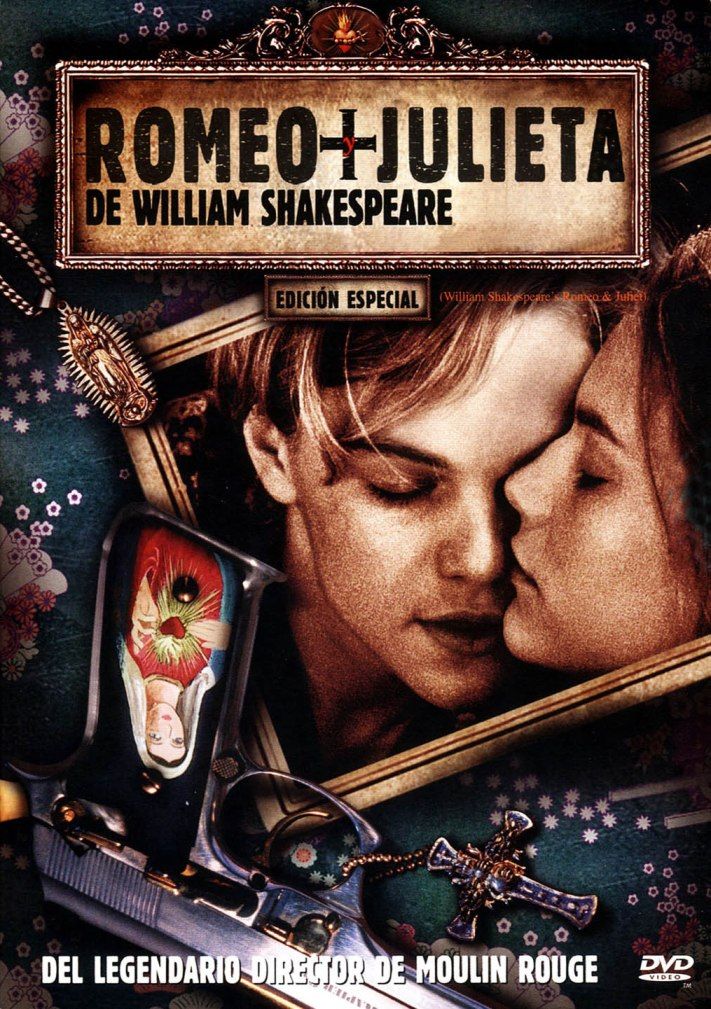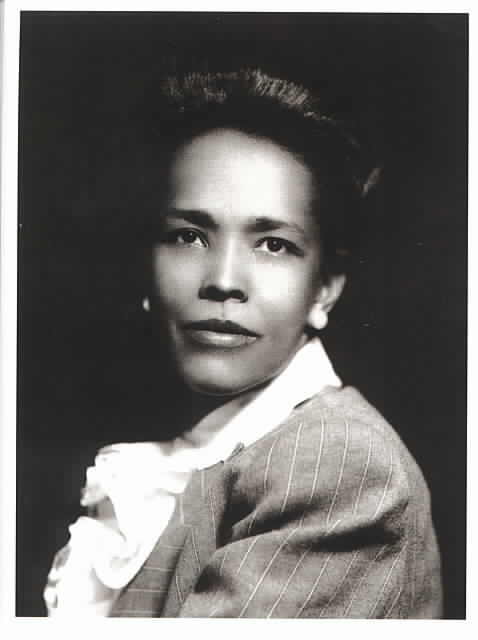 |
Newspaper article recognizing the
skill of aboriginal trackers (1952)
|
British settlers realized this poeple had an incredible
sense of orientation and perception, and, in 1834, ocurred the first recorded
use of aboriginal trackers, when settlers turned to two of these trackers and
had them search for a missing 5-year-old
in rough terrain and only took them 10 hours to find him. It may not seem like
much, but, to the White man, the hability to narrow down options by merely
looking at the ground and surroundings, be sure of the way you are going when
you have an inmense plain before you and succed at the end with preccision, could
be easily mistaken for magical powers. After this, trackers helped in many explorations and searches through the
continent by leading White australians into unexplored lands and providing them with food when all
left was terrain.
 |
| Moodoo, tracker from 'Rabbit-Proof Fence' |
This “inhuman” capabilities are the result of skills used
for hunting and survival pased down generation to generation. They teach
children to read the markings on the enviroment as soon as they are capable of
recognizing them and this abilities are used and honed trough all their lives.
It does look like magic when someone can tell you the species, gender, size,
speed and direction of an animal just by looking at a footprint.
Aboriginal trackers have been an important part of the police
forces for a long time since they are of great help when dealing with car accidents, missing
persons and crimes, all thanks to their excelent sense of observation and conclusion making.
Having these abilities could be considered a sixth sense.
Wouldn’t it be useful and great if everyone could be as perceptive as them? Or at
least have people like them in our own police forces. That way we could sleep
comfortably at night knowing that Super Trackers are watching over us <3...
...or
at least will come to our rescue in case of being abducted.






